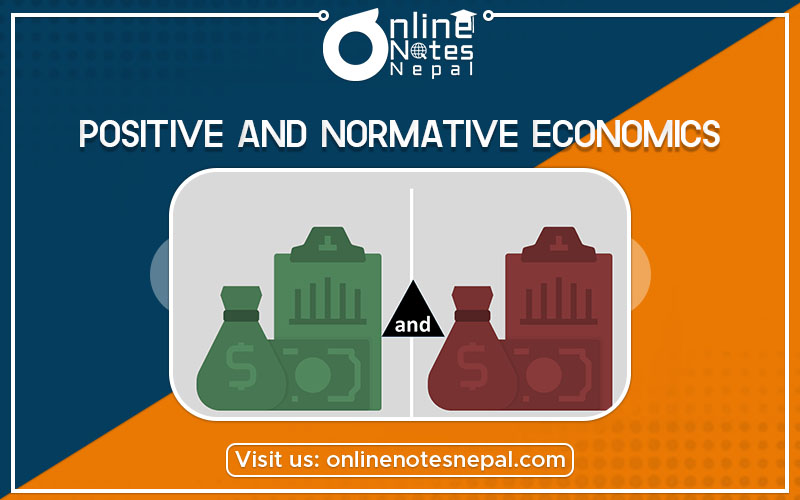Published by: Zaya
Published date: 15 Jun 2021

We know that economics is basically a social science. Its nature is neither that Botany nor Zoology, nor like that Physics or Chemistry. In economics we study the economic aspect of man’s social actions, therefore, it is a social science. Science is of two types:
Positive economics explores and explains a study of cause and effect relationships between economic variables. A positive economics answer the questions: what is? In other words, it studies the facts as they are not as they ought to be. It gives knowledge for the shake of knowledge. Positive economics is a stream of economics that focuses on the description, quantification, and explanation of economic developments, expectations, and associated phenomena. It relies on objective data analysis, relevant facts, and associated figures. It attempts to establish any cause-and-effect relationships or behavioral associations that can help ascertain and test the development of economics theories.
Positive economics is objective and fact-based where the statements are precise, descriptive, and clearly measurable. These statements can be measured against tangible evidence or historical instances. There are no instances of approval-disapproval in positive economics.
Normative economics provides the roadmap for the betterment of human life. Neo-classical economists challenge the view that economics is a positive science. Normative economics studies the facts, not as they but as they ought to be. Normative economics focuses on the ideological, opinion-oriented, prescriptive, value judgments, and “what should be” statements aimed toward economic development, investment projects, and scenarios. An example of a normative economic statement is: “The government should provide basic healthcare to all citizens.” As you can deduce from this statement, it is value-based, rooted in personal perspective, and satisfies the requirement of what “should” be.
| Positive Economics | Normative Economics |
| 1. Classical and modern economists describe economics as a positive science. | 1. Neo-classical economists describe economics as normative economics. |
| 2. It studies what is. | 2. It studies what ought to be. |
| 3. The statement can be empirically verified. | 3. The statement may or may not be verified. |
| 4. Reflects facts and studies actual economic performance. | 4. Makes prescriptions what to be done in the economy. |
| 5. Represents an approach of a scientist. | 5. Represents an approach of a politician. |
| 6. Free from subjective value judgments. | 6. Based on personal (subjective) value judgments. |
| 7. Resources allocation. | 7. Income distribution. |
| 8. Results are widely applicable. | 8. Results are applied to specific issues. |
| 9. Makes micro analysis to find the reality of any problem. | 9. It doesn’t make any analysis to find the reality of any problem. |
| Make some assumptions while making an economic analysis. | It doesn’t make any assumptions while carrying out economic analysis. |